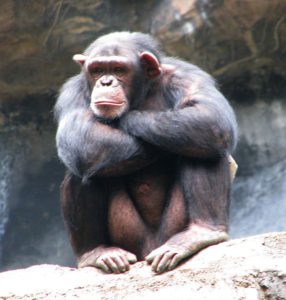Who Gets to Be a Person?
Written by Muriel Leuenberger
The question of who gets to be a person is one of those old but never outdated classics in philosophy. Throughout history, philosophers have discussed which human beings are persons, when human beings start to be persons, when they are no longer the same person, and whether non-human beings can be persons – and the discussion continues.
The task of defining the concept of a person can be approached from a purely ontological angle, by looking at what kind of entities exist in the world. There are those beings we want to call persons – what unites them and what separates them from non-persons? This ontological project has, at least at first sight, nothing to do with how the world should be and purely with how it is.
But many moral practices are connected to this concept. Persons deserve praise and blame, they should not be experimented on without their consent, they can make promises, they should be respected. The status of personhood is connected to a moral status. Because of the properties persons have they deserve to be treated and can act in a certain way. Personhood is what can be called a thick concept. It combines descriptive and normative dimensions. To be a person one must meet certain descriptive conditions. But being a person also comes with a distinctive moral status.

